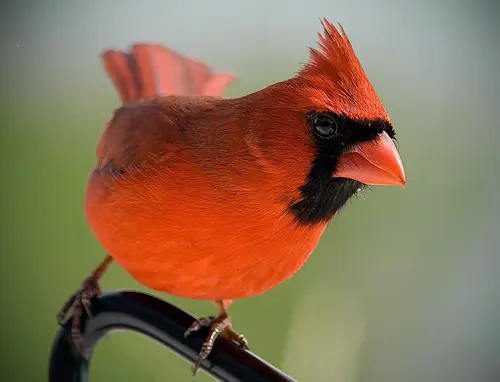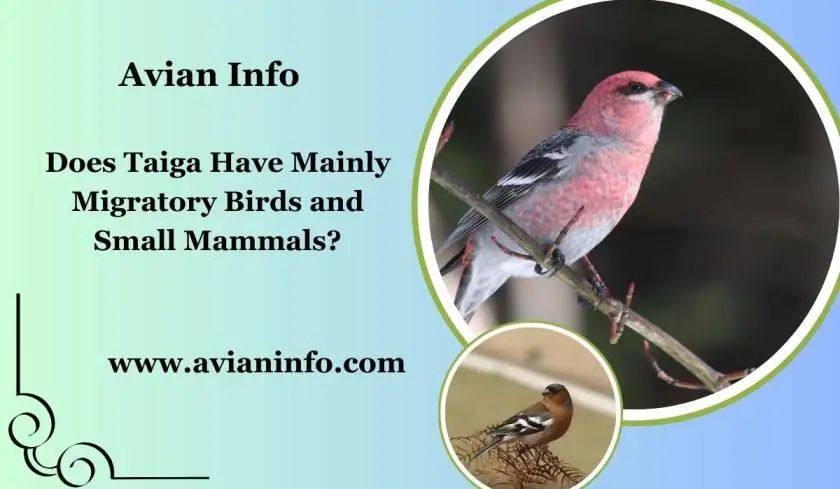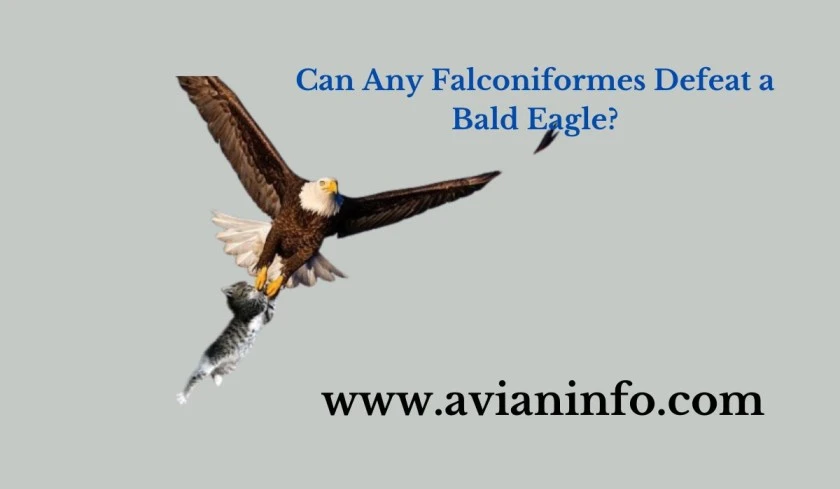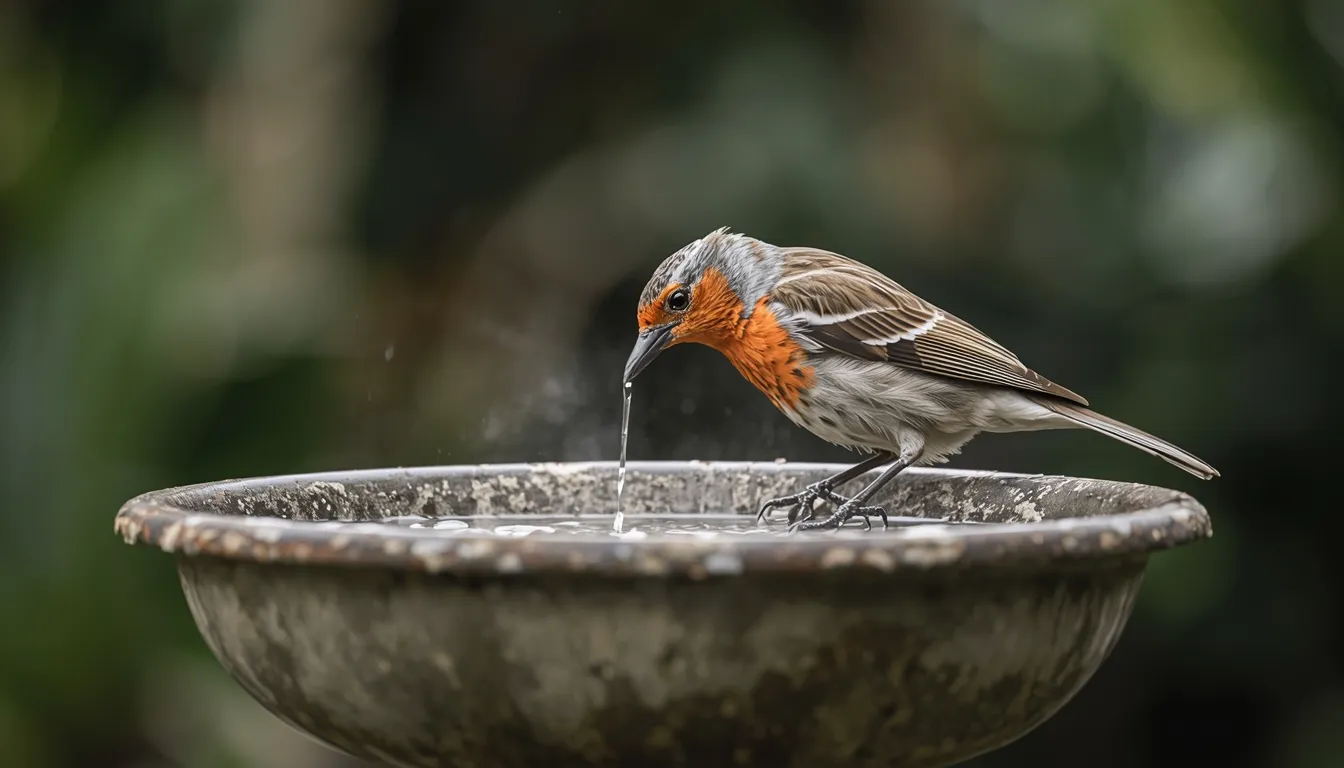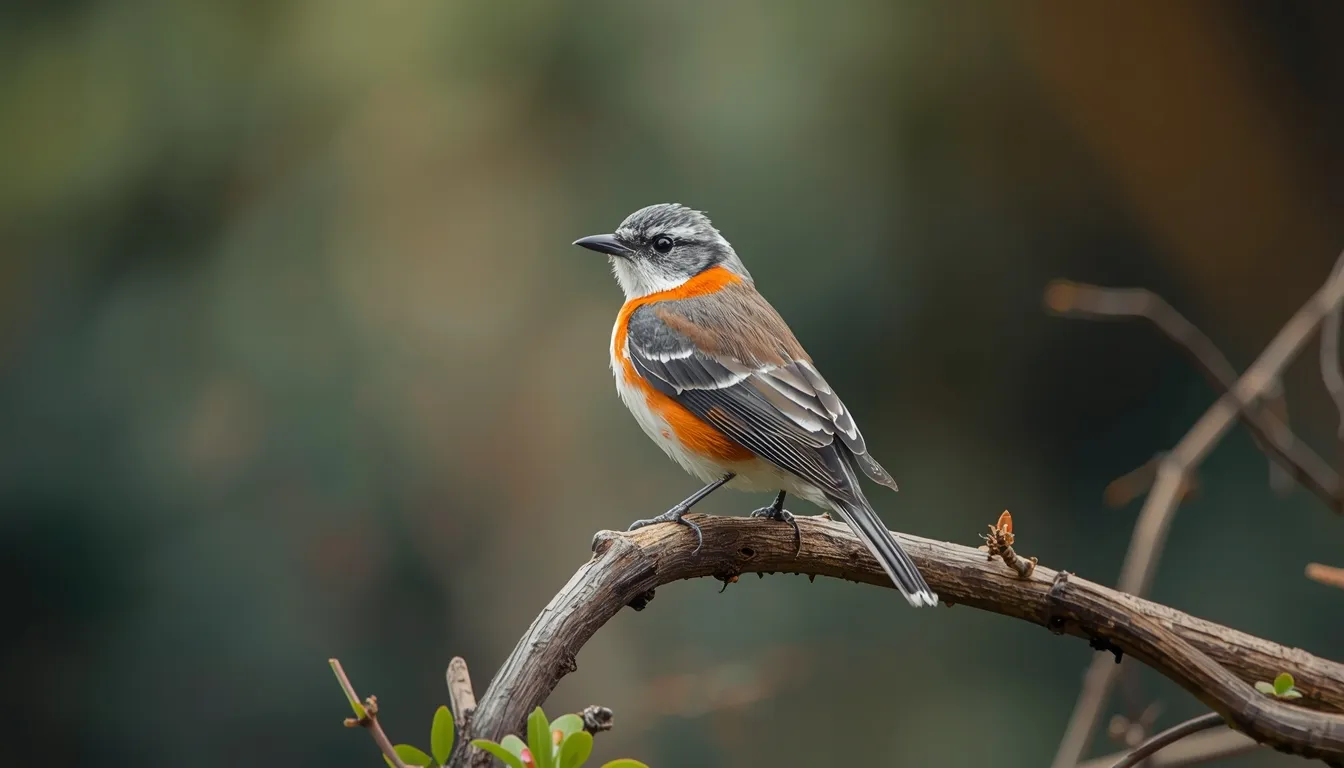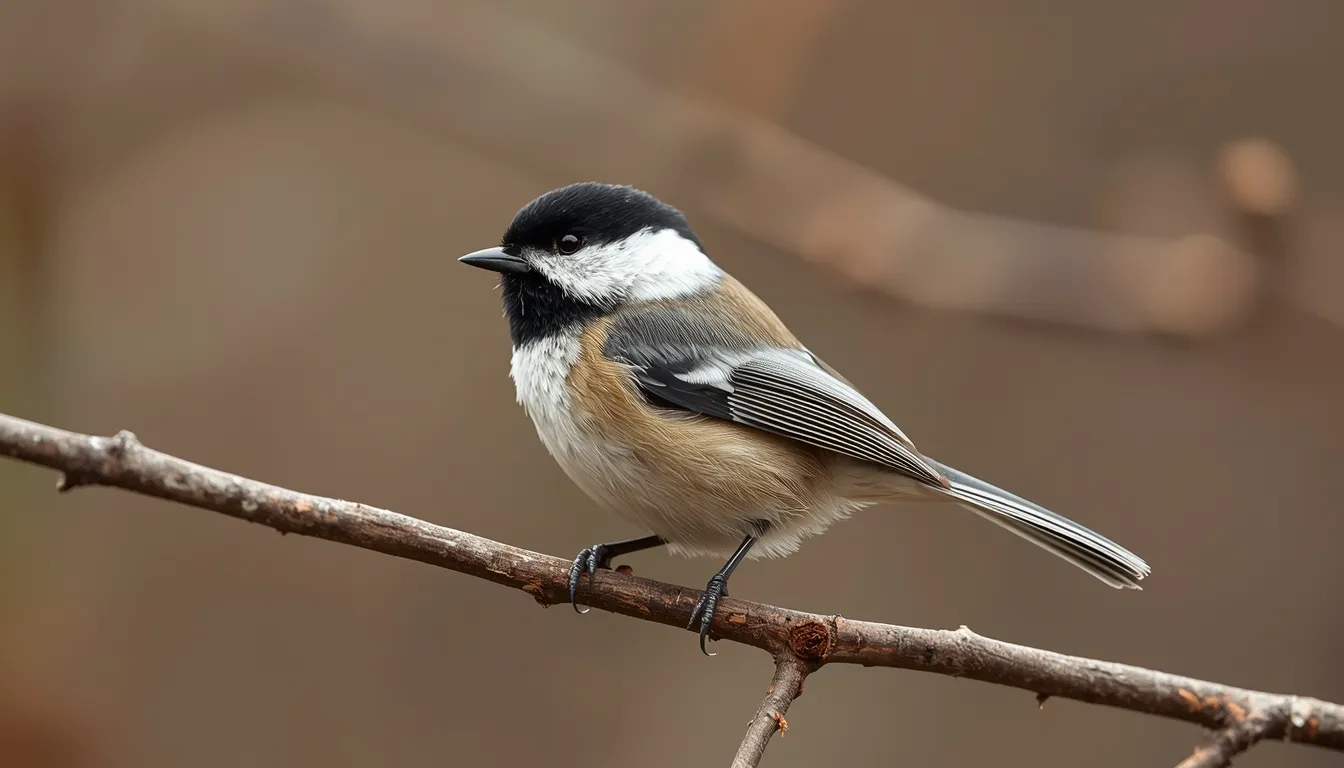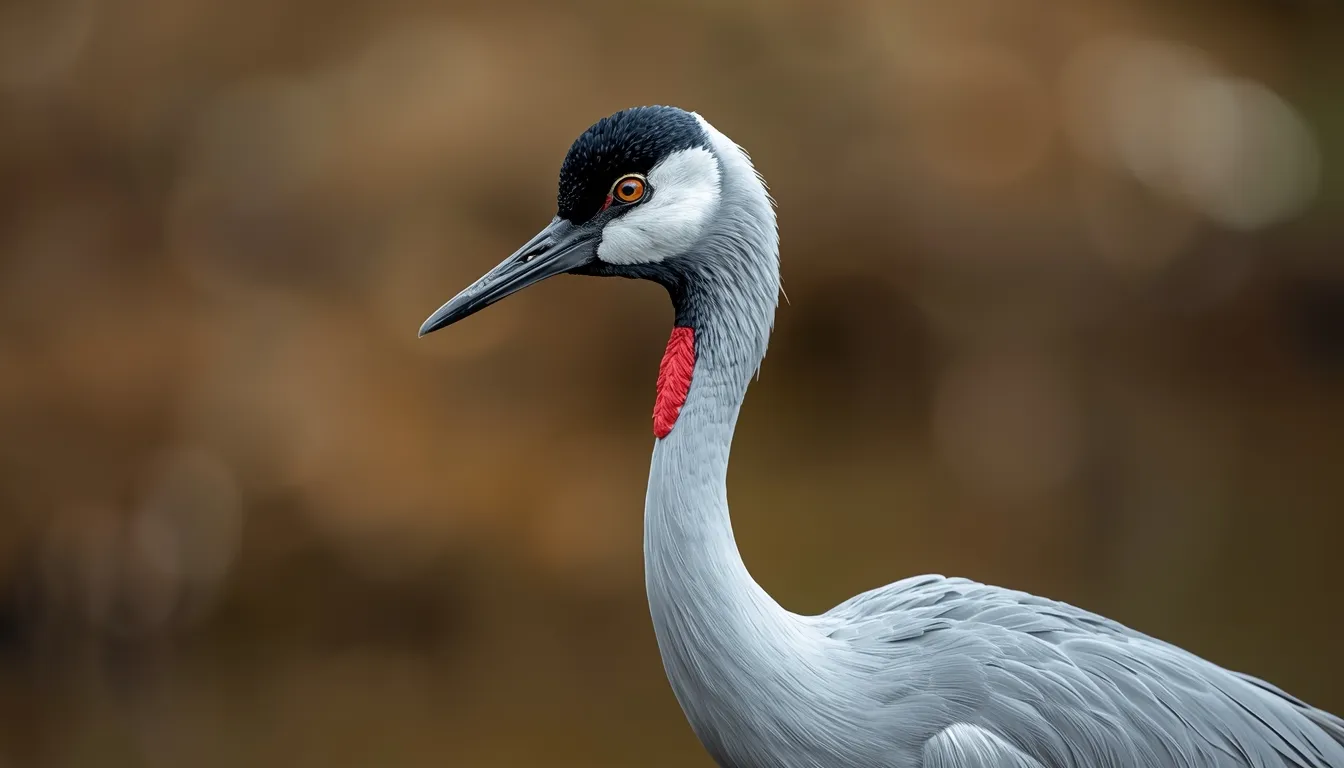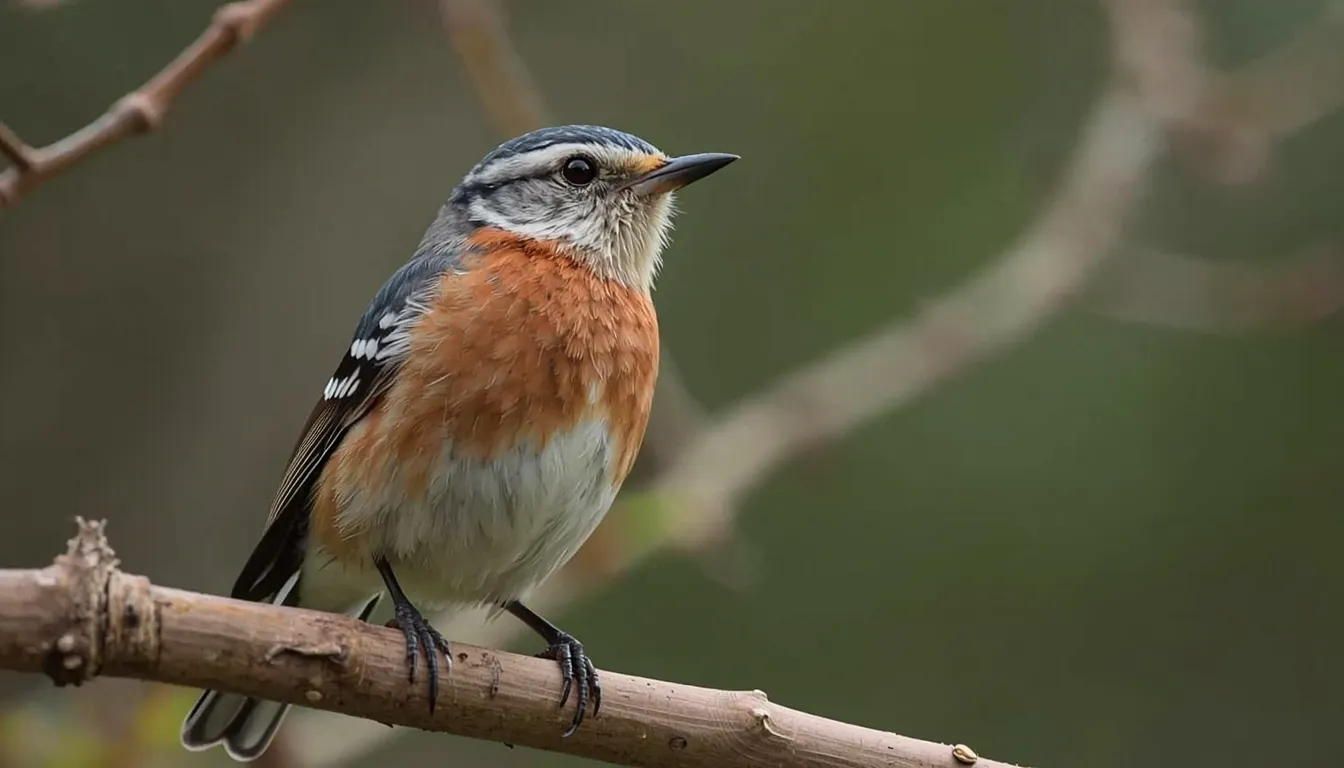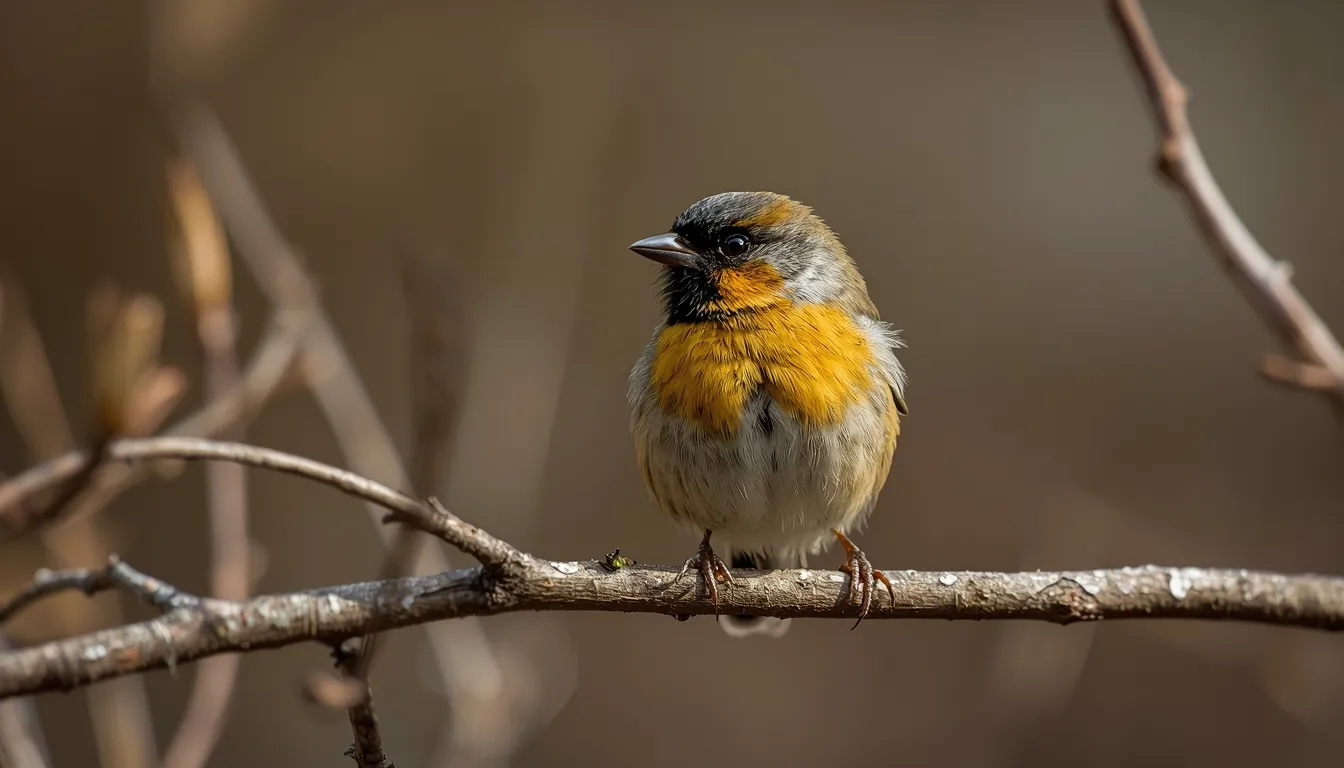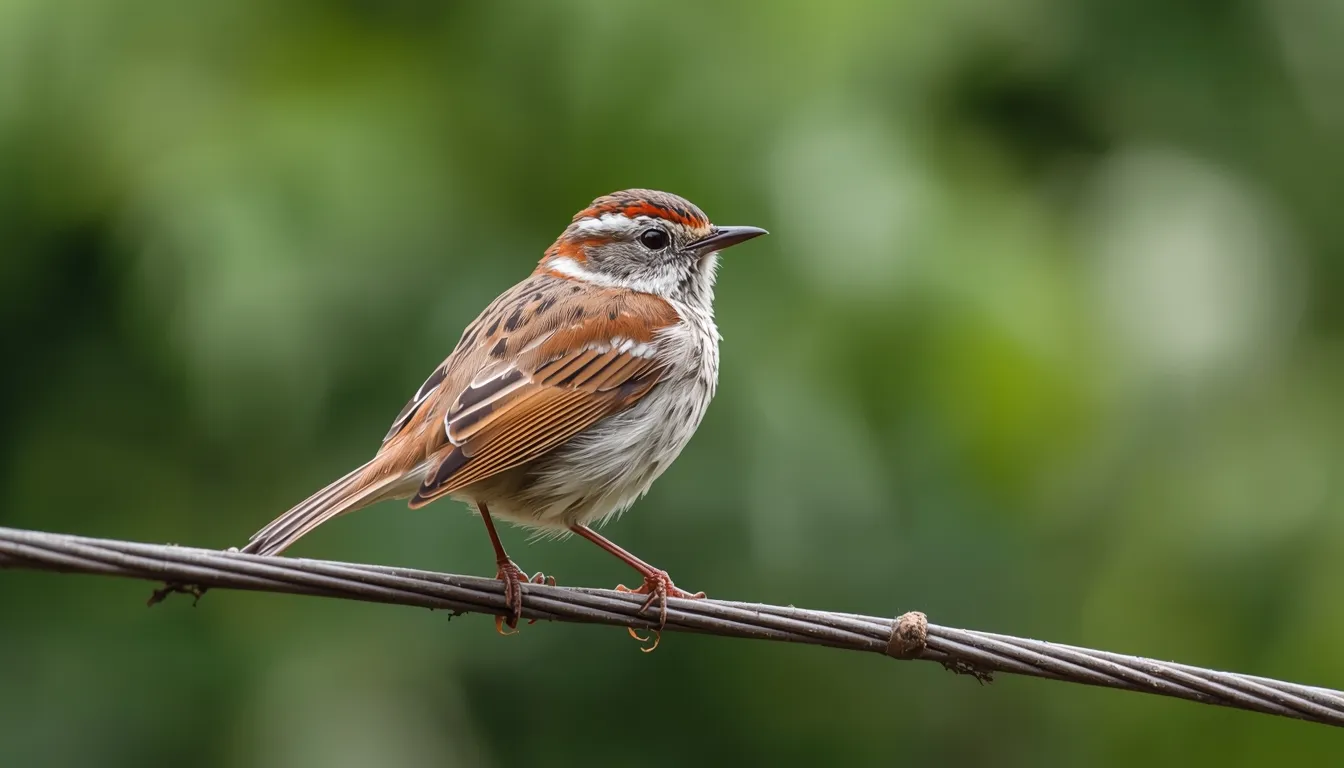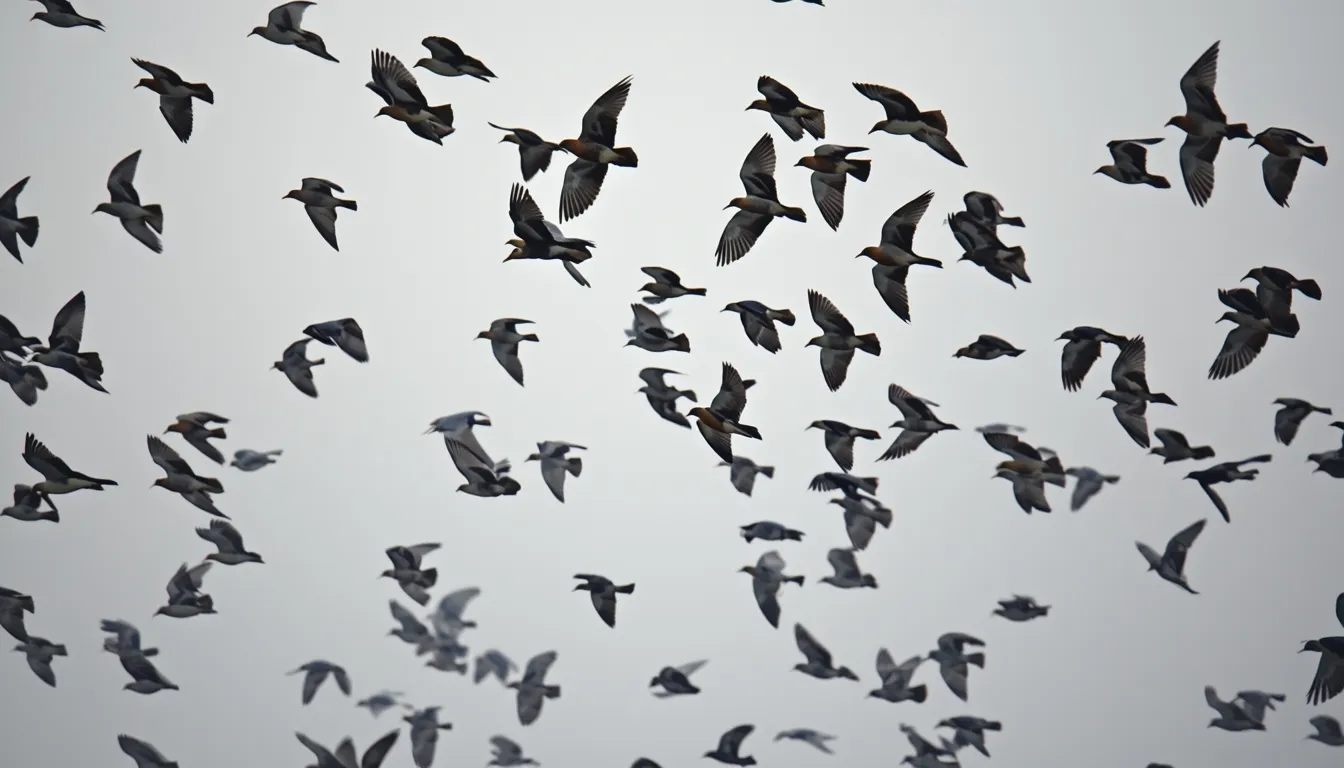The July 2024 eBirder of the Month Challenge was supported by ZEISS, and the winner was revealed in the following month. The challenge challenged eBirders to submit as many checklists as possible during July, which is a month when fewer checklists are produced than any other month.
The challenge was aimed at helping learn more about bird dispersal and timing, as July is an exciting season for birds in many parts of the world. Some of the things that can be observed throughout this month include:
1: Fledgling birds in the northern hemisphere; 2: Spring in the southern hemisphere; 3: species migrating through places they generally don't frequent during breeding season.
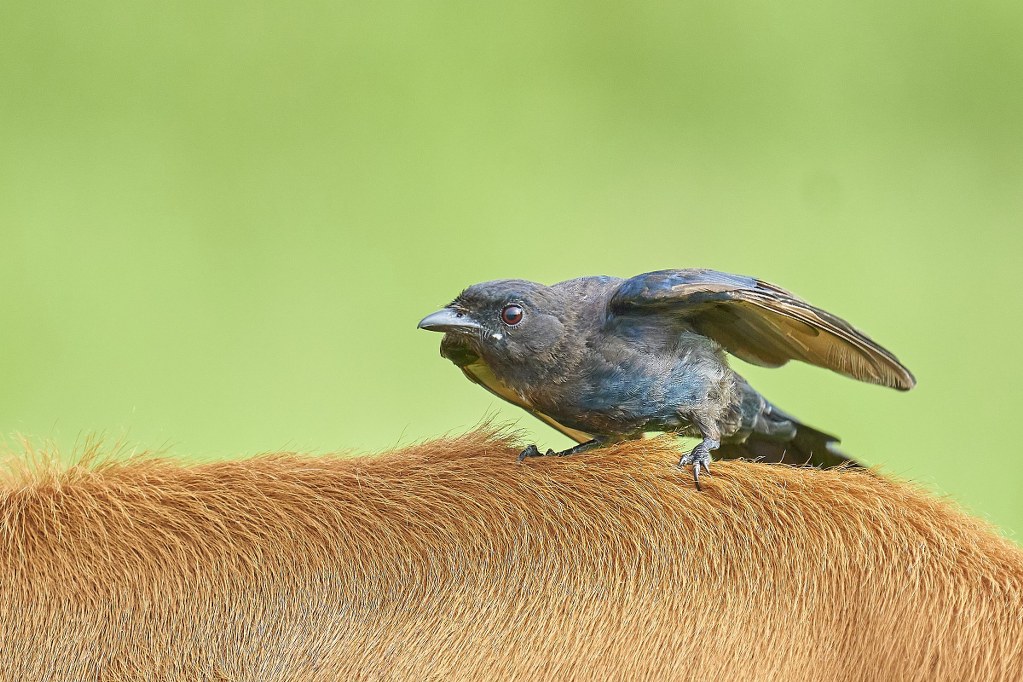
This month’s eBirder of the Month challenge, sponsored by ZEISS, invites you to submit more checklists from one of the most intriguing but least-eBirded months of the year. The eBirder of the Month will be picked among eBirders who submit 31 or more eligible checklists in July.
Less eBird checklists are received in July than any other month. However, July is an exciting month for birds worldwide, with fledglings in the northern hemisphere and spring approaching in the southern.
Read Also: Flightless Bird of South America NYT Crossword Clue
Many species start migrating through locations that they wouldn’t ordinarily visit during the breeding season. By eBirding throughout the month, you’ll begin to observe when these shifts take place.
Documenting these small shifts is vital for understanding the diverse habitats animals employ during their annual cycle. Your checklists in July—no matter where you are in the world will help us learn more about bird distribution and timing.
How often do you go birding in a year? How many kinds do you see each month? In an entire year? Keeping track of all this and more by utilizing eBird to record your birding expeditions and encounters.
Take the eBirding Challenge to keep track of your own observations and help document India’s birds at the same time! Here are all of the updates on these challenges.
Find the Details
On April 1, 2014, the Bird Counting India partners launched a monthly series of eBirding Challenges. In 2015, we also started a yearlong set of challenges. The goal of this series is to encourage everyone to keep track of the birds we observe, and to do so as regularly as possible.

Why is this important? Despite India's growing interest in birding and bird photography, virtually nothing is known about our bird species' range and abundance. By keeping a constant eye out, we can all help better document the status and changes of our birds. But it’s also amazing fun!
These birding challenges are run using the online bird listing platform eBird and are aimed to augment annual birding events like the Great Backyard Bird Count. Every month, there will be a goal or aim to meet. These aims are stated, not in terms of species, but in terms of lists.
When you publish a complete list of species from a birding session, you have not only described what species you did observe but also what species you didn’t. Aggregated across numerous birders in different locations and seasons, these lists are helpful to study bird distributions, movements, and populations.
Related Post: Drawing of a Finch in Front of a House: A Finch Illustration Guide
For instance, consider the distribution map for Rosy Starling or the seasonality chart for the same species. These maps and charts for Indian species are incomplete because they are based on very limited data. Let’s try to fill up the gaps!
What lists count?
To count for this challenge, your lists should be full (i.e., you report all species you have been able to identify), they should be effort-based lists (e.g., ‘Travelling’ or ‘Stationary’, not ‘Incidental’), and they should be based on a birding session of at least 15 min. If you are unfamiliar with some of these words, please look at our Beginner’s Guide to eBird first.
Important!
All birding difficulties of this sort run on a basis of trust and utter honesty. Your lists, as well as the accompanying facts, are taken to be correct to the best of your knowledge.
Please don’t be tempted to designate an unfinished list as complete or in any other way jeopardize the integrity of the material you contribute. Doing so constitutes a disservice to yourself and the entire birdwatching community, as well as to the birds we all love and enjoy. Thank you!

